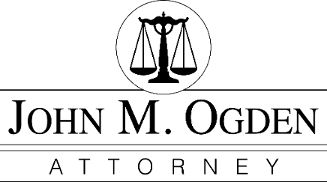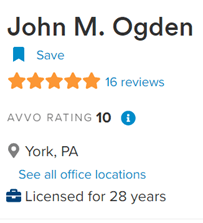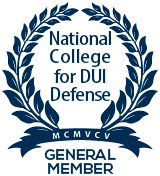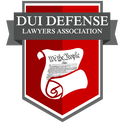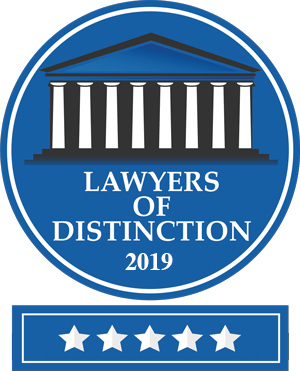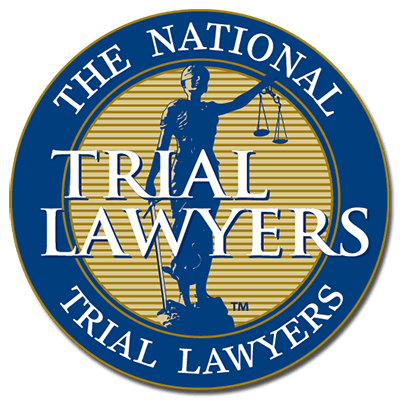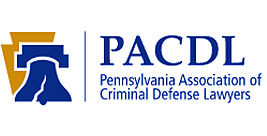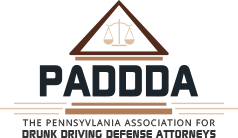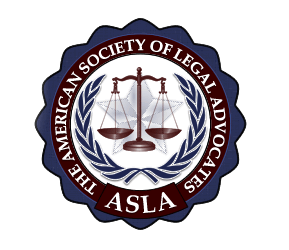
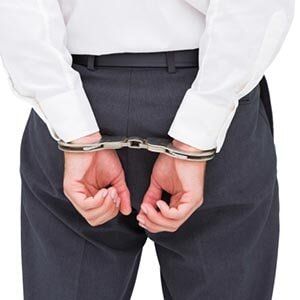
FREQUENTLY ASKED QUESTIONS
How can I look-up my case on the computer?
Do I need a Drug & Alcohol Evaluation for a DUI case?

Can a driver talk his/her way out of a DUI arrest?

Do I need a Drug & Alcohol Evaluation for a DUI case
Can a driver be stopped by the police for any reason?
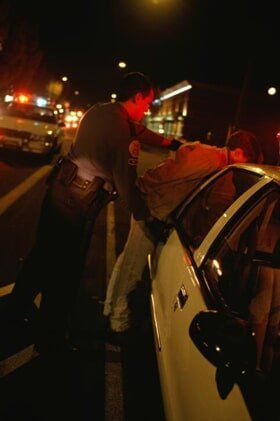
Is a driver REQUIRED to participate in the STANDARD SOBRIETY FIELD TEST?
Can a person be charged with a DUI request an INDEPENDENT BLOOD TEST?
Can a driver be charged with a DUI if he/shes BLOOD ALCOHOL LEVEL is below .08%?
Can the Police Search your car without a SEARCH WARRANT?
Com. v. Gary , 91 A.3d 102, 138 (Pa. 2014)
Smile, you may be on CAMERA!
IF YOU HAVE A DUI QUESTION OR HAVE BEEN CHARGED WITH DUI, CALL US! Don't take a chance with something as serious as a DUI charge or any criminal charge. Call the experts. We handle DUI and criminal cases every day.We have been practicing DUI law and criminal law since 1993.

Are the TINTED WINDOWS on your vehicle Legal?
Do You Qualify For the ACCELERATED REHABILITIVE DIPOSITION (ARD) Program?
If you have been denied ARD , contact us and we will seek reconsideration by highlighting the reasons why you should have been accepted into the program. We have had success in persuading the District Attorney to change his mind when the facts and circumstances warrant admission into the ARD program.
UPDATE: Due to the recent Shifflett decision in May of 2025, ARD in York County has changed it's eligibility requirements with regard to DUI.
Here is what you need to know:
1) A Drug and Alcohol Evaluation MUST be completed with an approved provider prior to entry into the program for Tier 3 Offenses. Save yourself the stress and complete this as soon as possible, regardless if you have or do not know if you are considered a Tier 3 Offense. This will ensure that you do not miss deadlines or overall ineligibility for the program.
2) DUIs involving drugs are now subject to a very strict case by case consideration. More specifically, huffing DUIs are no longer eligible for the program.
3) CDL and CPL drivers are no longer eligible for the ARD program regardless of whether they were utilizing the license at the time of the alleged offense or not.
Can a driver be arrested for having prescription drugs in his or her system?
http://www.columbusrecoverycenter.com/the-dangers-of-drugged-driving/
CNS depressants, sometimes referred to as sedatives and tranquilizers, are substances that can slow brain activity. This property makes them useful for treating anxiety and sleep disorders. Among the medications commonly prescribed for these purposes are the following:
Benzodiazepines, such as diazepam (Valium) and alprazolam (Xanax), are sometimes prescribed to treat anxiety, acute stress reactions, and panic attacks. The more sedating benzodiazepines, such as triazolam (Halcion) and estazolam (ProSom) are prescribed for short-term treatment of sleep disorders. Usually, benzodiazepines are not prescribed for longterm use because of the risk for developing tolerance, dependence, or addiction.
Non-benzodiazepine sleep medications, such as zolpidem (Ambien), eszopiclone (Lunesta), and zalepon (Sonata), have a different chemical structure, but act on some of the same brain receptors as benzodiazepines. They are thought to have fewer side effects and less risk of dependence than benzodiazepines.
Barbiturates, such as mephobarbital (Mebaral), phenobarbital (Luminal Sodium), and pentobarbital sodium (Nembutal), are used less frequently to reduce anxiety or to help with sleep problems because of their higher risk of overdose compared to benzodiazepines. However, they are still used in surgical procedures and for seizure disorders.
Below is an excerpt from the Pa DUI statute concerning drugged driving:
75 Pa.C.S.A. § 3802
§ 3802. Driving under influence of alcohol or controlled substanceEffective: May 11, 2006
(d) Controlled substances.--An individual may not drive, operate or be in actual physical control of the movement of a vehicle under any of the following circumstances:
(1) There is in the individual's blood any amount of a:
(i) Schedule I controlled substance, as defined in the act of April 14, 1972 (P.L. 233, No. 64),1 known as The Controlled Substance, Drug, Device and Cosmetic Act; (ii) Schedule II or Schedule III controlled substance, as defined in The Controlled Substance, Drug, Device and Cosmetic Act, which has not been medically prescribed for the individual; or (iii) metabolite of a substance under subparagraph (i) or (ii). (2) The individual is under the influence of a drug or combination of drugs to a degree which impairs the individual's ability to safely drive, operate or be in actual physical control of the movement of the vehicle.
(3) The individual is under the combined influence of alcohol and a drug or combination of drugs to a degree which impairs the individual's ability to safely drive, operate or be in actual physical control of the movement of the vehicle. (4) The individual is under the influence of a solvent or noxious substance in violation of 18 Pa.C.S. § 7303 (relating to sale or illegal use of certain solvents and noxious substances).
